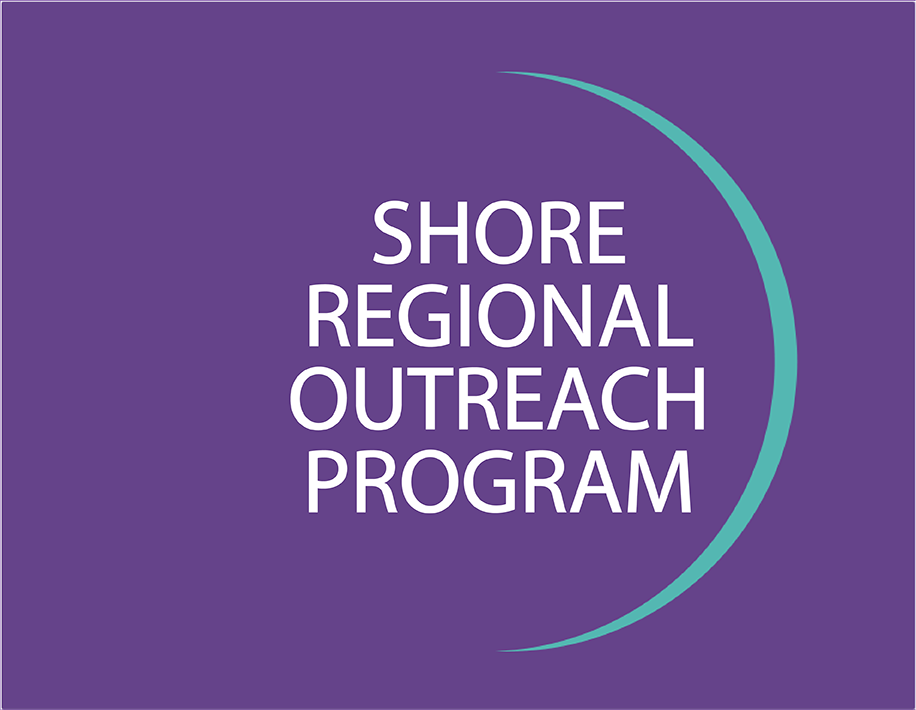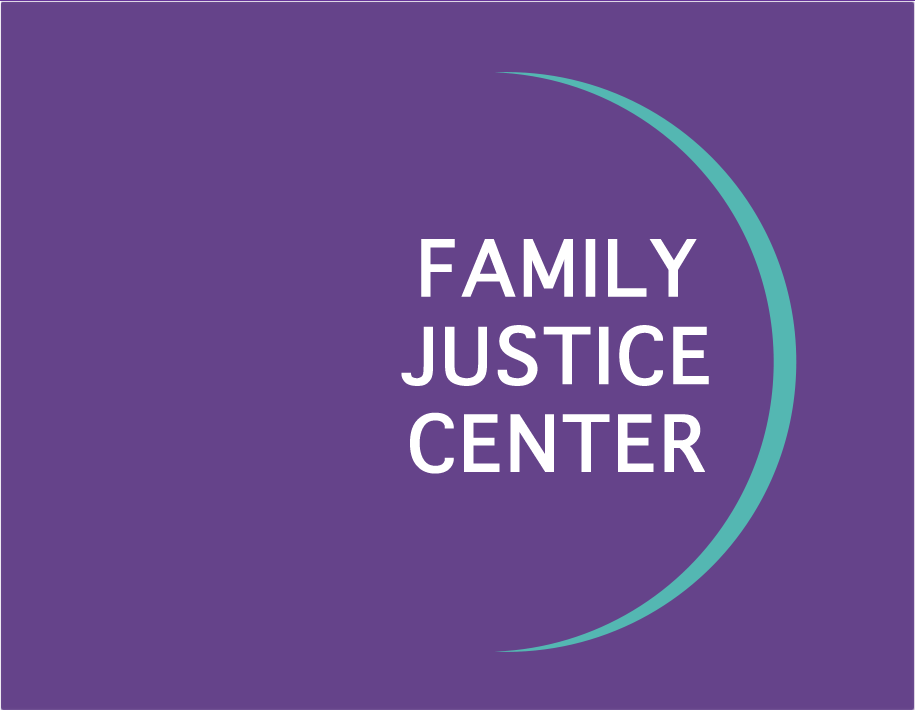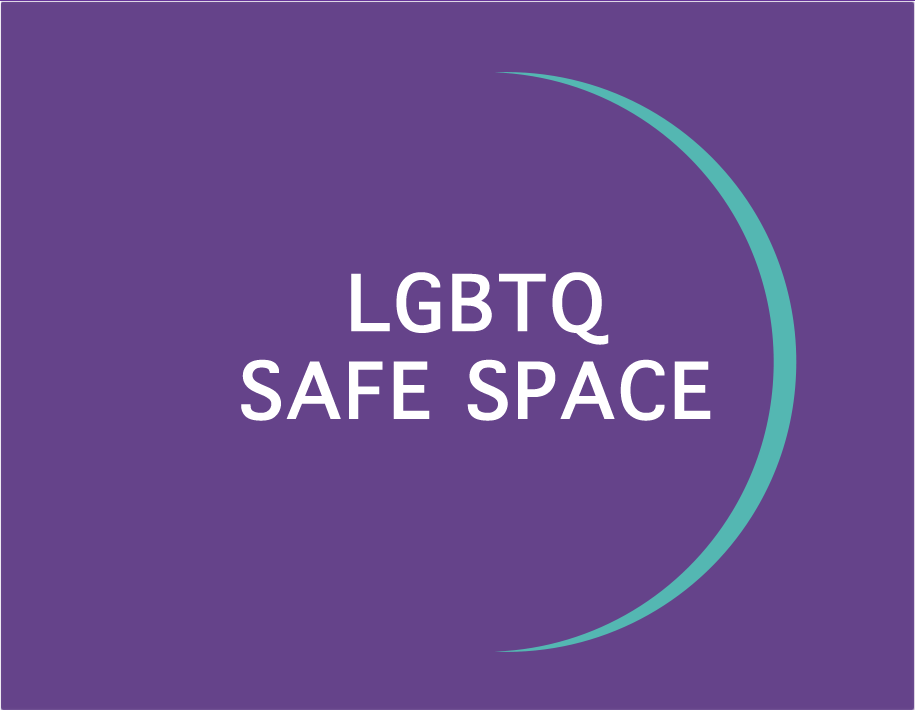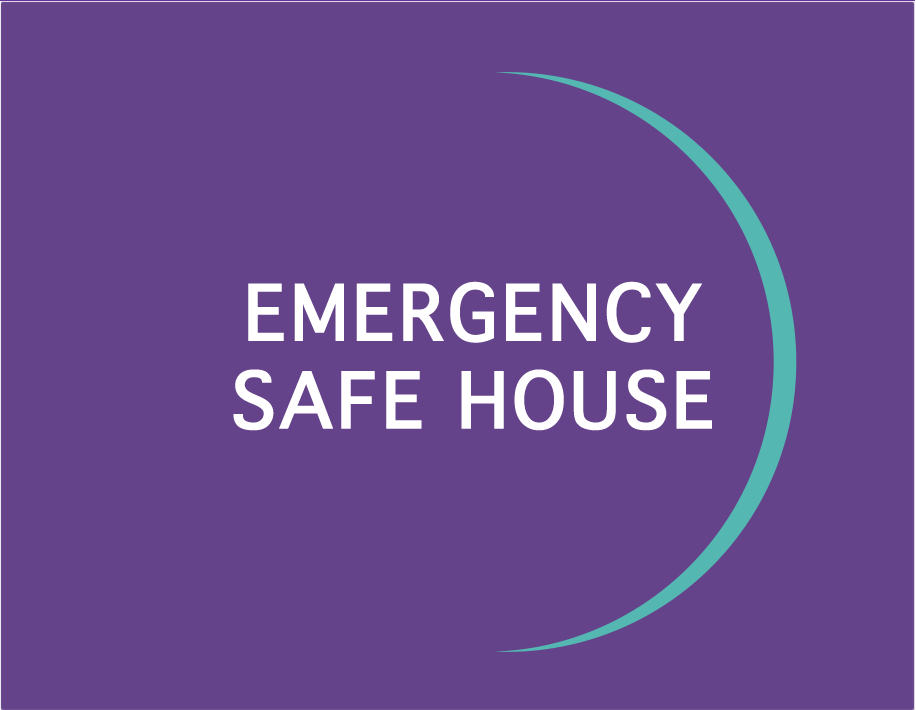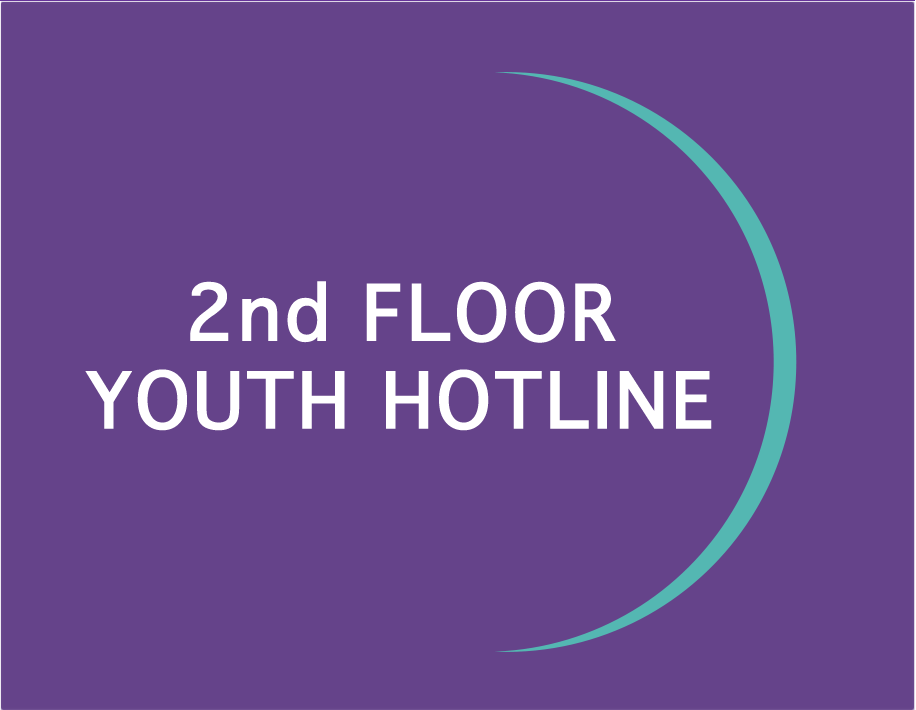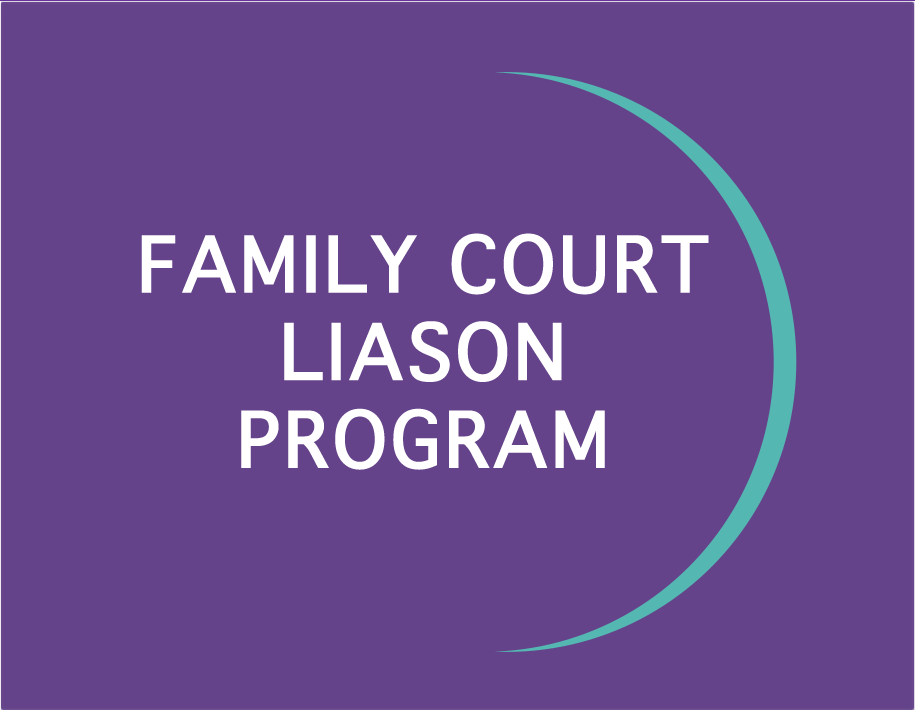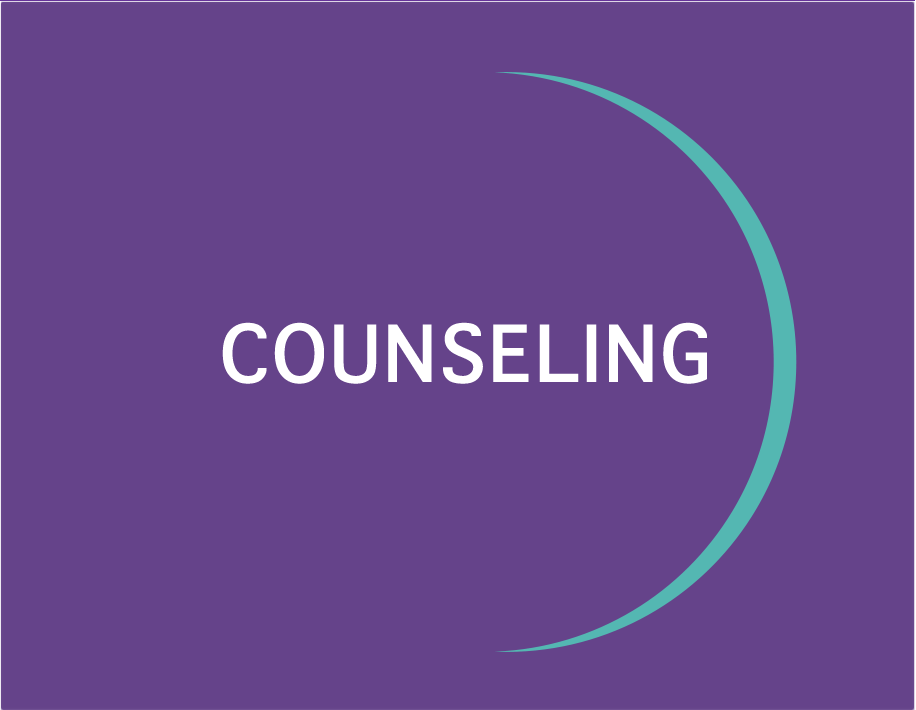At 180 Turning Lives Around, we are committed to providing an array of services for domestic and/or sexual violence survivors, regardless of age, gender identity and expression, race, ethnicity, socio-economic status, or sexual orientation. We recognize that the need to feel safe is paramount. We cultivate a safe, confidential, and empowering environment by staying current on LGBTQ issues and healthcare concerns, completing ongoing professional development, and through continuous dialogues with LGBTQ community leaders.
Remember, abuse is never the survivor’s fault.
180 Turning Lives Around supports the LGBTQI+ Community
What is domestic violence?
Abusive partners in LGBTQI+ relationships exhibit the same patterns of abusive behavior used to establish or maintain power and control over a person as abusive partners in heterosexual relationships. However, in LGBTQI+ relationships, partners who abuse may exploit societal factors that compound the complex issues a survivor faces in making safety decisions or who leave an abusive relationship. Under the law, domestic violence includes physical, emotional, mental, and sexual abuse, and is considered to be any crime involving risk of death or serious bodily injury to a person protected under the “Prevention of Domestic Violence Act,” and:
- Assault
- Burglary
- Contempt of a Domestic Order
- Cyber Harassment
- Criminal: Coercion, Mischief*, Restraint, Sexual Conduct or Trespassing
- False Imprisonment
- Harassment**
- Homicide
- Kidnapping
- Lewdness
-
Robbery
-
Sexual Assault
-
Stalking
-
Terroristic Threats***
* Criminal Mischief: Damaging, Breaking, or Destroying Personal Property. Purposely or Recklessly Causing Damage to Property to Endanger Another Person.
** Harassment: Shoving, Pushing, or Other Offensive Touching. Name-Calling and/or Language Used to Alarm, Offend, or Annoy. Purposely Intimidating Behavior to Instill Fear or Alarm.
*** Terroristic Threats: Threatening Physical Violence or Death to Cause Fear and/or Dictating the Victim’s Behavior.
If you are in immediate danger, contact 911.
What is sexual violence?
Who commits domestic or sexual violence?
What are the signs of domestic or sexual violence?
- Financial: Controlling all income and expenses, preventing a partner from working, forcing a partner to turn over their paychecks to the abuser, restricting access to financial accounts, limiting access to cash or credit cards, or ruining a partner’s credit.
- Physical: Hitting, slapping, pushing, biting, punching, kicking, restraining, choking, smothering, or strangulation. Strangulation is one of the most lethal forms of domestic violence: unconsciousness may occur within seconds and death within minutes.
- Psychological: Intimidating a person with threatening looks and behavior, stalking, monitoring by using technology, using spyware and location tracking devices, monitoring technology, posting false information about someone on social media, isolating a person from friends and family, or attacking self-esteem by blaming, manipulating, criticizing, and humiliating.
- Sexual: Manipulating or forcing a person to do something sexual or any coerced, non-consensual, or unwanted sexual behavior.
- Verbal: Cursing or swearing, yelling, name-calling, criticizing thoughts or feelings, and put-downs.
Examples of domestic and sexual violence include:
- Exerting power and control over another person sexually, including touching, grabbing, groping, and any type of vaginal, anal, or oral penetration, even in a joking manner.
- Forcing a person to touch themselves or someone else, or to watch the perpetrator touch themselves.
- Sexually touching someone in any way when they are mentally or physically incapacitated, intoxicated, impaired, asleep, or unconscious.
- Coercing another to perform a sexual act to prove their sexual identity.
- Threatening to disclose one’s orientation/ status by exposing photos/videos of them on social media sites.
Have I experienced domestic or sexual violence?
- Refused to practice safe sex with you and/or coerced you into having sex?
- Groped, grabbed, or touched you, even casually, without your consent?
- Forced you to drink and/or take drugs, and you didn’t remember what happened after you passed out?
- Made you perform sexually, either with them or with someone else, to pay for food, shelter, clothing, medicine, or other necessities?
- Pressured you sexually for things that you are not ready for?
- Been physically or verbally abusive toward you?
- Been controlling of who you speak to, where you go, or your finances?
- Blamed you for how they feel or act?
- Belittled your sexuality and/or gender?
- Threatened to hurt you, your children, and/or your pets?
Common concerns of LGBTQ survivors include fear of:
- Experiencing bias because the LGBTQ community is already discriminated against.
- Being “outed” to friends, family, or place of employment.
- Having HIV status “outed.”
- Being blamed for the assault, especially if the survivor met the perpetrator on a dating hook-up site.
- Having other members of their community know what has happened.
- Not being taken seriously by the criminal justice system and healthcare professionals.
- Losing their children.
- Not being believed due to the myth that the abuser is always bigger, stronger, or more “butch,” while victims will always be smaller, weaker, or more feminine.
- Being blamed for the assault based on how they dress, dance, act, or behave.
- Feeling that they deserve what has happened to them because they did not fight back.
- Their pets being harmed or taken away.
How can 180 help?
- Amanda’s Easel
- Shore Regional Outreach Center
- Family Justice Center
- Emergency Safe House
- 2nd Floor Youth Hotline
- Family Court Liaison Program
- Counseling
Advocacy and Outreach:
180 offers LGBTQI+ education and training for law enforcement, professionals, civic groups, faith-based organizations, parents, and schools, mobilizes with concerned individuals, organizations, and community groups to join in efforts to end violence against men, women, and children. Our LGBTQI+ Outreach and Advocacy Coordinator advises our staff on current issues and conducts outreach and awareness activities throughout the LGBTQI+ community to builds bridges and ensure a safe space at 180 for the LGBTQI+ community. For more information or to schedule a presentation, please reach out to: Jacquelyn Godbey, Confidential Sexual Violence Advocate Manager at jacquelyng@180nj.org or 732-264-4360, Ext. 3308



